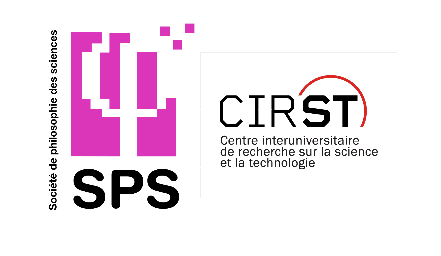When Expertise Fails to Persuade
1 : Philosophy department, University of South Florida
* : Auteur correspondant
Evelyn Fox Keller, in a recent article, asks what should the strategy of climate scientists be in the face of reluctance to accept the results of science? Her answer is that they should be more aggressive in asserting the consensus and dismissing their critics. This is a strategy, but one with consequences that reveal some important constraints on expertise, that involve dilemmas inherent in the position of the expert. Another case that was resolved differently, the resignation of Oppenheimer during the decision to build the H-Bomb, reveals some of these dilemmas: Oppenheimer realized that his actions had compromised his credibility and chose to withdraw. Climate scientists have been slow to realize that their actions have compromised their credibility, and have responded in ways that compromise it further, notably by speaking beyond their competence, thus risking the credibility of science itself. But this is a standard problem faced by all expertise applied to public decision-making that results from the gap between decision and science, complicated in this case by the unusual organizational structure of the science itself.


